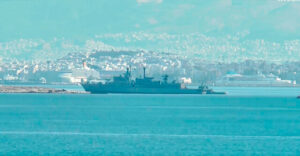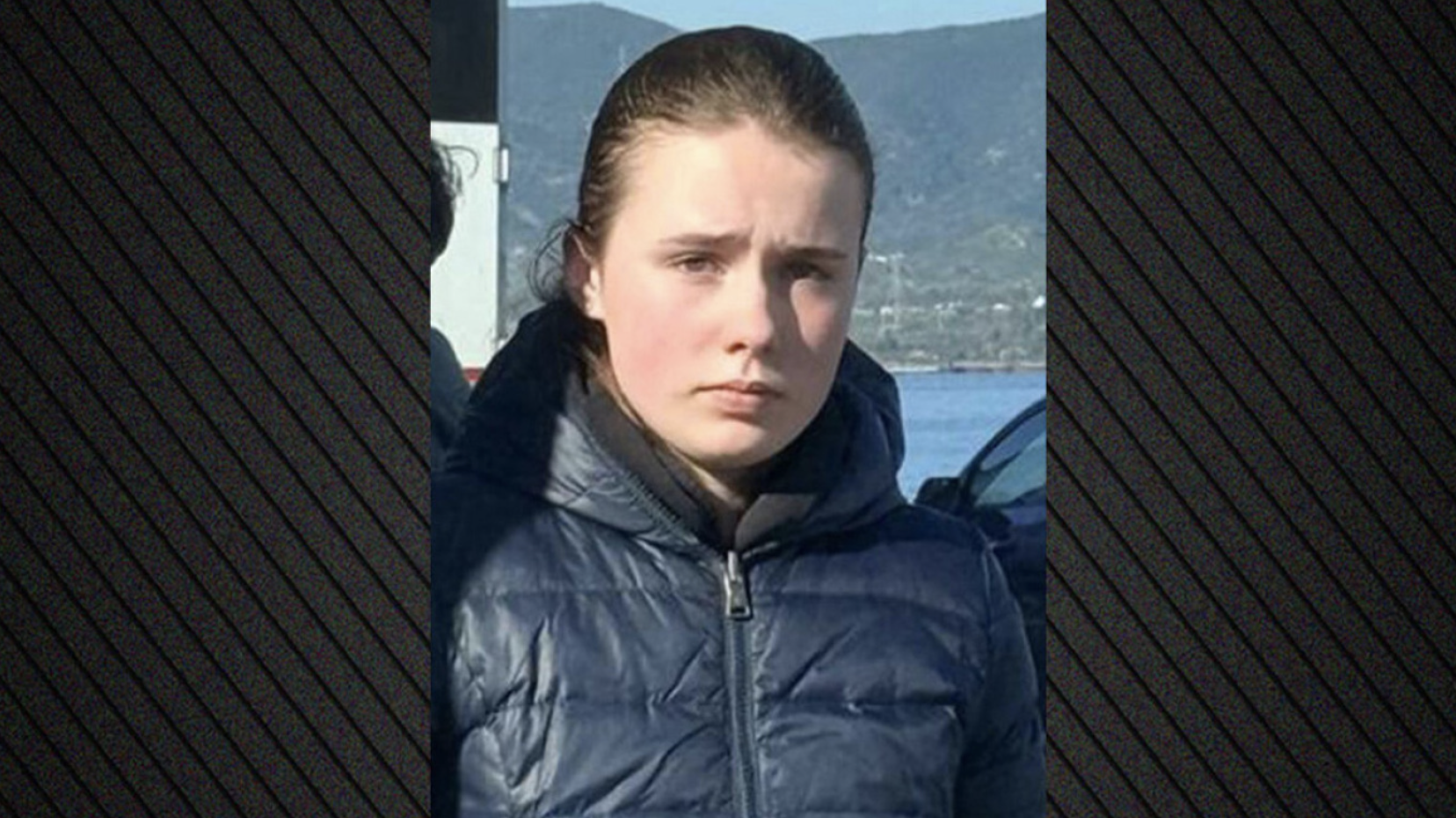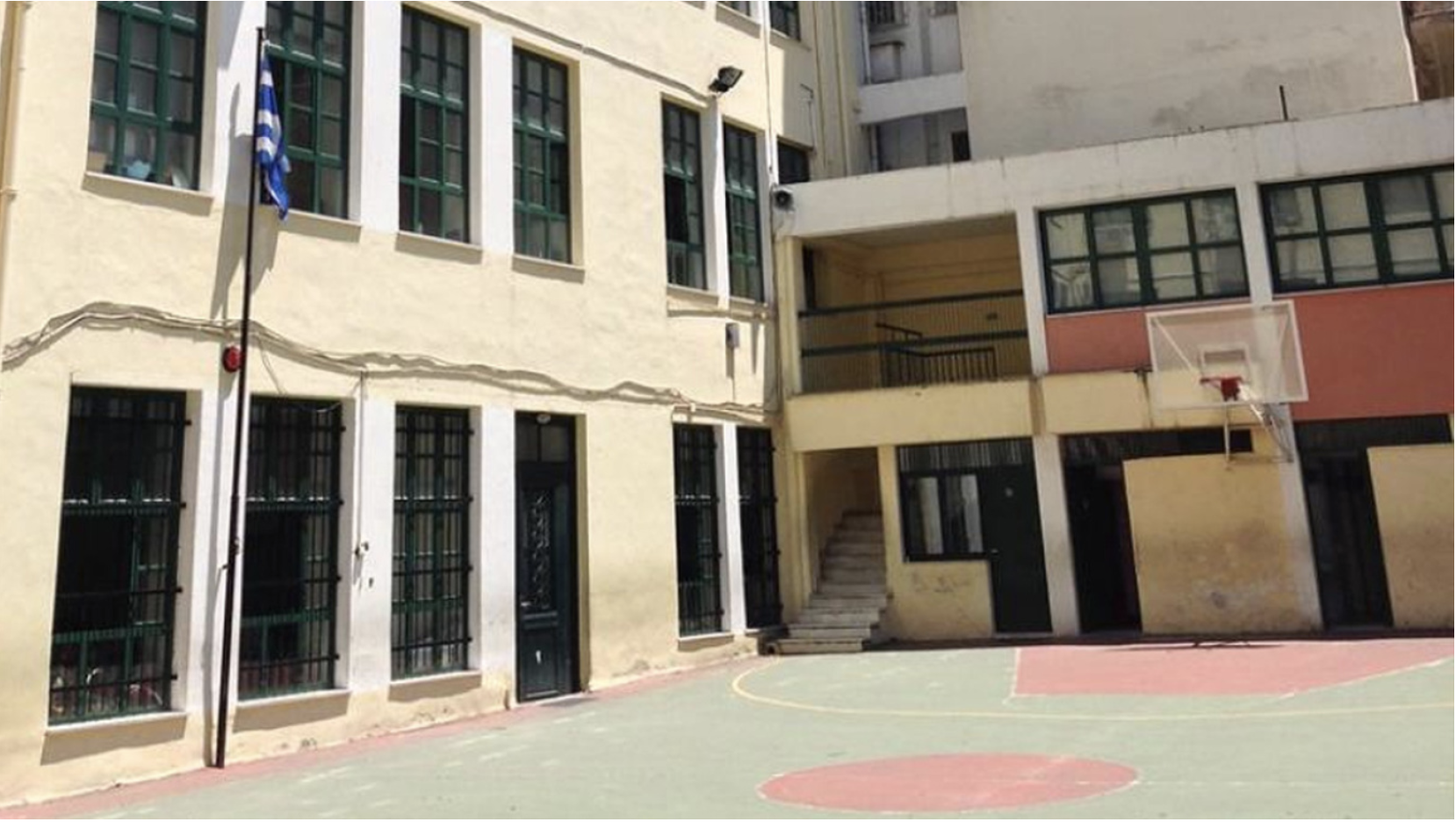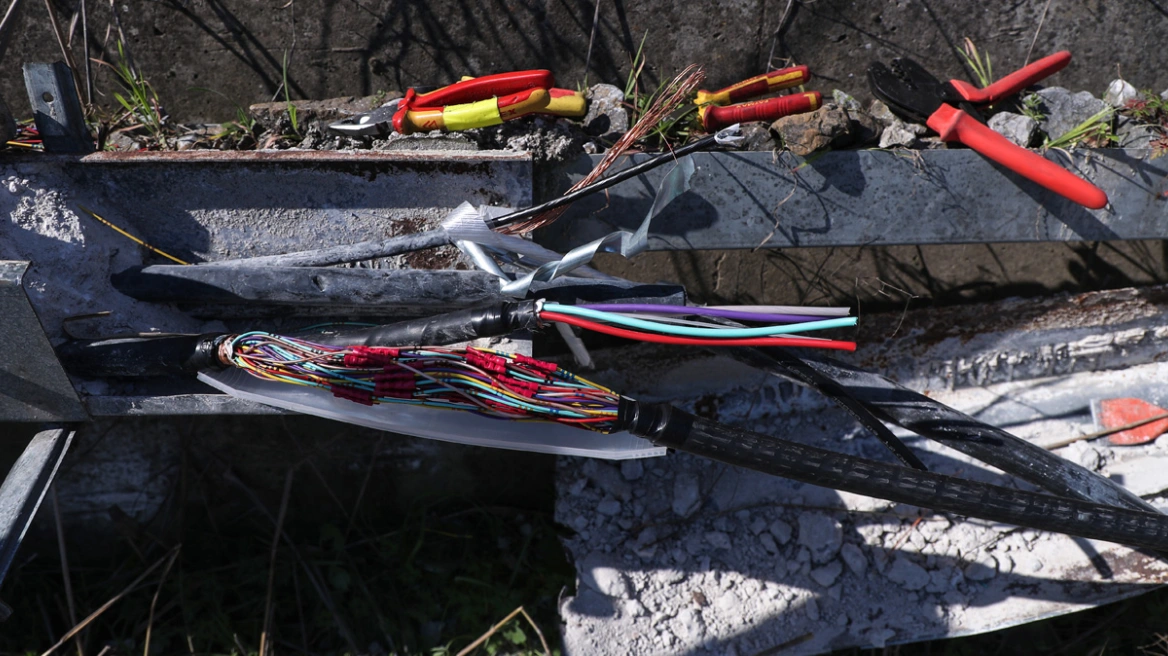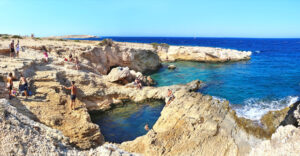Israeli Prime Minister Benjamin Netanyahu held security consultations at the Defense Ministry Monday night to discuss the response of Israel to the armed attack by Hezbollah drone strike on Sunday and the retaliation in Iran.
Israel has received indirect “requests from Hezbollah and Iran” for a ceasefire, according to the Jerusalem Post, “but Israel does not want a ceasefire” at this time, as it continues to conduct its military campaign to weaken the Shiite-based military and political organization Lebanon, which Iran financially backs.
The Israeli prime minister’s office issued a statement stressing that retaliation against Iran for the October 1 missile attack will be determined based on Israel’s interests.
The remark is seen as a reaction to a report in the US newspaper Washington Post that Netanyahu had assured US President Joe Biden that Israel intended to strike military targets in Iran, not nuclear or oil facilities.
According to an official cited by the Washington Post, Netanyahu agreed to design Israeli retaliation to not impact the November 5 presidential election in the US. A possible attack on Iran’s oil facilities could send prices of “black gold” soaring, hurting the candidacy of Kamala Harris because of voter discontent over rising fuel prices.
“We are listening to the thoughts of the US government, but we will make our final decisions based on the needs of Israel’s national security,” Prime Minister Netanyahu’s office stressed in the statement.
Calls for a cease-fire have increased significantly from the United States and the international community; the UN Security Council held two consecutive closed meetings in Lebanon in New York on Monday.
US Defense Secretary Lloyd Austin told Defense Secretary Yoav Galad three times in the past five days that Israel should “shift” from the military campaign against Hezbollah in Lebanon to diplomacy.
U.S. officials estimate that it may take Israeli forces months, rather than weeks, to continue to weaken Hezbollah’s ability to invade Israel from the ground or attack it from the air.
Hezbollah’s border fortification – IDF discovers underground command center in Radwan
The IDF brought journalists to Lebanon last week to see first-hand how Hezbollah fortified itself along the border, using homes and civilian infrastructure as shields.
Yesterday the Israeli army discovered an underground compound of Hezbollah during an operation in a southern Lebanon community.
The underground complex reportedly served as a command center for fighters of the elite Radwan force, in which weapons and ammunition were stored and extended 800 meters underground.
The Israeli army released video footage of the interior of the compound, showing bedrooms, a kitchen, and sanitary facilities. The briefing stressed that it served as a base for attacks planned by Hezbollah’s elite force against Israel.
“They were planning, with these motorcycles here, to enter Kiryat Shmona, Yiftah, villages and places inside Israel and carry out a massacre. They were here just a few days ago,” IDF chief spokesman Daniel Hagari is quoted in the video as saying.
During the operation, Israeli soldiers confronted a Radwan Force fighter who had barricaded himself in the compound and killed him.
Hezbollah’s deadly Hezbollah attack was an issue for Israeli air defenses
Hezbollah’s multi-deadly attack on a military base deep inside Israeli territory is a major headache for Israel as it continues to struggle to defuse the threat from the Iranian-backed militant group despite the launch of a major bombing campaign and ground operation against it.
A drone launched from southern Lebanon managed to slip through Israeli air defenses undetected and hit the Golani Brigade base about 40 miles inside Israel from the border. It struck on Sunday shortly after 7 p.m. – dinner time – and while the military has not released details of the impact site, photos from the scene make it clear that the drone hit the base’s mess hall.
The timing and location of the strike suggest that Hezbollah had gathered enough intelligence and has the capabilities to maximize the number of casualties. The Golani Brigade is considered an elite Israeli infantry unit and is deployed in southern Lebanon as part of Israel’s ground operation there.
Four soldiers were killed and more than 60 others were wounded, eight of them seriously, bringing the total number of Israel Defense Forces (IDF) soldiers killed since the start of the ground operation two weeks ago to at least 18.
Sunday’s attack is also the bloodiest attack on IDF soldiers inside Israel since the war began last October.
Israel’s air defense systems are capable of destroying most missiles fired into the country. But they are designed and deployed primarily to counter rockets and missiles, not drones that can be launched from anywhere, fly low and slow, and change direction quickly.
And while the IDF has not said what type of aircraft was used in Sunday’s attack, experts told CNN that it was likely a Mirsad drone, a type known in Iran as an Ababil drone. Such drones are harder to detect because they are small in size, very light, with a very low radar signature, according to U.S. officials.
Netanyahu’s stern message on continued attacks on Beirut
Earlier on Monday, Israeli Prime Minister Benyamin Netanyahu said his country would continue “hitting Hezbollah mercilessly in Beirut as well.”
“I want to be clear: we will continue to mercilessly strike Hezbollah in all parts of Lebanon, including Beirut, Netanyahu said during a visit to the military base that was hit the previous day by a drone shot down by the Lebanese Islamist group, resulting in the death of four Israeli soldiers.
“We are conducting a fierce campaign against the axis of evil, Iran, which wants to destroy us completely, Netanyahu added. “They will not succeed. We continue to fight. We are paying painful prices, but we have tremendous achievements – and we will continue to achieve them.”
Missiles barrage in 180 areas of Israel, civilians run to shelters
Sirens sounded in Tel Aviv and 180 communities in central Israel yesterday, with the IDF citing a barrage of rockets from Lebanon and Hezbollah claiming responsibility. According to the Israeli military, sirens sounded due to rockets, threatening areas of central Israel as well as Tel Aviv, leading millions of Israelis to take shelter.
Ask me anything
Explore related questions

